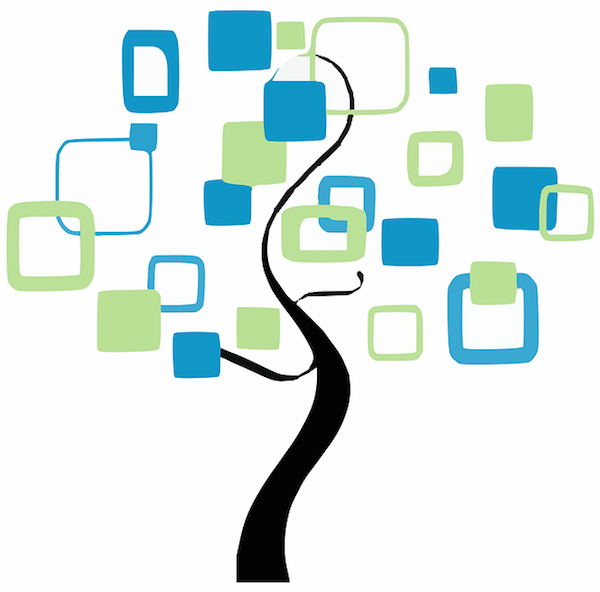| SCIENCE | |
| Genealogy: A brief history by Priasha Choudhary '23 |  |
| Tracing back into the past | Priasha Choudhary '23 |
 |
I’ve been at KLASS since 2018 though I grew up in East Malaysia. I'm a certified bookworm.... |
|
Let’s start with the basics: what is Genealogy? Simply put, it's the study of family history and tracing lineages. Genealogists use a variety of records (eg, historical) to obtain information about a family and display its member’s shared characteristics and record of ancestry. In the early days of civilization, information about lineages and ancestry were “recorded” verbally. There was great dependence on the person to remember the lineage with the use of mnemonics, for example (like the pre-Hispanic Peruvians and the Maori people of New Zealand). Ancient Scottish royal bards (professional storytellers) were able to recite the entire lineage of Socttish Kings. Peruvian nobles preserved verbal records of their lineage despite complexities resulting from polygamy. Verbal transmission of genealogical information was always in a list format of names, sometimes including events of great importance. However, with the invention of writing (around 5,500 years ago), keeping written genealogical records became the norm as it was clearly more convenient. But, even though the act of keeping records was so common and the idea so widespread, genealogy was still not recognised as a science because writers were usually asked to deal with it. There was particular emphasis on recording the lineages of royals and nobles. An example where genealogical records proved useful was when Alexander III and his direct heir, Margaret the Maid of Norway, died in 1286 and 1290 respectively. There were many people attempting to claim the Scottish crown which created a lot of confusion and it was eventually solved with the help of genealogical records. Despite its usefulness, the truth was sometimes altered to suit political agendas. Other uses at the time included recording land deals and lawsuits. Later on, as the feudal system gradually faded, widespread commerce and trade contributed to the growth of the middle class. This meant that historical genealogy records started to include family lineages of common folk. Genealogy also has deep roots in some religions. Specifically taking the example of Hinduism, genealogical records are kept by Brahmin Pandits. These records are known as Vahis and have been used, like the common folk in Europe, to settle inheritance or property disputes. Records like these were also considered to be advantageous for families that were separated as it helped them reunite. These records can go back 20 generations: it’s truly remarkable. Being a Hindu myself, I approached my parents with this surprising piece of information and they were not nearly as shocked! They enlightened me by talking about how they have met such pandits and how, apparently, my family also has our long family lineage recorded somewhere. Over the years, the incentive to review genealogical records has changed. In the past, genealogical records were used to settle legal disputes and in some instances there was a religious obligation. With the recent advancement in this field, genealogical records can be used to establish one's identity and, depending on how immaculately records were kept, it can also be used to determine one's genetic predisposition to a certain health issue, for example, if there is a clear history of death due to heart disease in previous generations of one's lineage, the individual would be aware of their genetic predisposition to it. Armed with this knowledge, they can take the necessary precautionary measures to lower their risk. It’s truly fascinating how genealogy has been around for so long and has always proven very useful for mankind. It started off as a symbol of status where only royals and nobles recorded their lineage. It wasn’t even considered a science but, now, it’s a very respectable field of scientific study. In my opinion, it was a springboard for the in depth scientific gene studies and discoveries we have today. REFERENCES
[1] Wikipedia: Genealogy Updated March 4, 2021. https://en.wikipedia.org/wiki/Genealogy#Overview.html |
LIKE 👍 COMMENT 💬 |
|
Leave a like or comment here! |